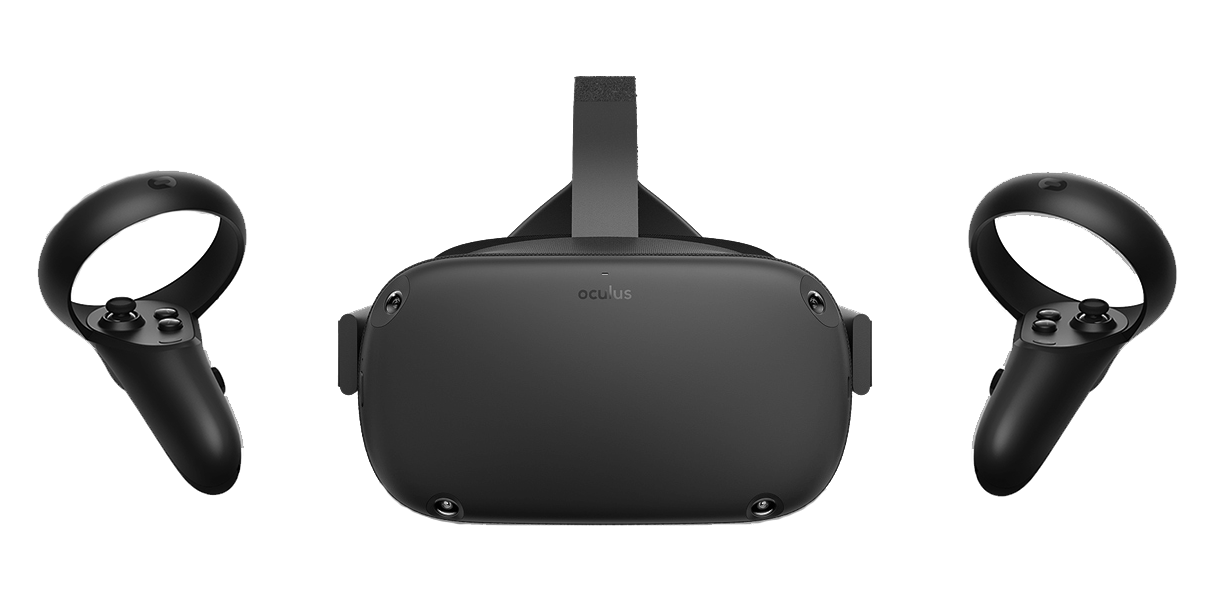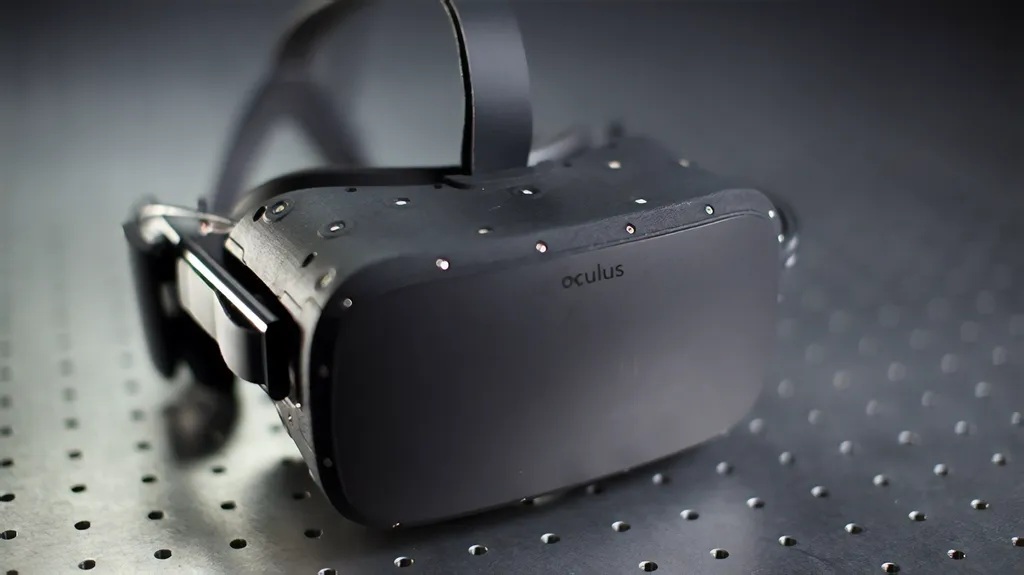Blake Harris’ new book The History Of The Future reveals two canceled Oculus Rift successor projects codenamed ‘Tuzi’ and ‘Venice’.
In October of last year, TechCrunch reported the cancellation of a Rift 2 project codenamed ‘Caspar’. This means that a total of three reportedly canceled Rift successor projects are now public knowledge.
The first Oculus Rift was revealed in mid-2015. It shipped at the end of March 2016 with Touch controllers arriving in December that year. Nearly three years later the hardware hasn’t changed.
Tuzi
The Tuzi project was started in 2015, according to the book. On September 16, 2016 the executive team decided to kill Tuzi, the book explains.
Code discovered by UploadVR in the Oculus PC software references Tuzi. For example, “tuziCameraImpl:SensorFPGAReg” is in the same region and format as the DK2 and Rift CV1 cameras, suggesting it had an external camera sensor. We’ve reached out to sources and confirmed that Tuzi could have had an updated external camera system.
Venice
Another project called “Venice” is briefly referenced in the book and was apparently in the works as another Rift follow up that could’ve released in late 2018. Based on the timing, it seems likely Venice may have been a bigger upgrade from the original Rift compared with Tuzi.
Caspar
According to the TechCrunch report, Caspar is the most recent PC-powered VR headset project to be axed. It was canceled in October of last year and was reportedly related to Oculus co-founder Brendan Iribe’s departure.
Caspar isn’t mentioned in The History Of The Future. That’s not surprising because the book stops telling the story of Oculus in mid 2017. Given the TechCrunch description of Caspar and the passing of Q4 2018, it seems Caspar was another new high-end Rift project considered and cancelled after Venice.
Rift S – The Survivor
With Tuzi, Venice, and Caspar dead Facebook appears to be taking a new direction with the Rift line.
TechCrunch reported the company could release a more iterative ‘Rift S’ this year rather than a high end headset.

Code found by UploadVR in the Oculus PC software confirmed the existence of Rift S. The code references we found suggested that headset will have on-board tracking and possibly software-based IPD adjustment.
Rift S may be distinct from the previous successor projects in that compromises may have been made for cost reasons. We believe, for example, Rift S will focus on affordability with an inside-out tracking solution similar to the upcoming Oculus Quest.
We reached out to Facebook and a spokesperson declined to comment on future products. We’d expect some kind of announcement, though, between now and the three year anniversary of the Oculus Rift at the end of March.






























